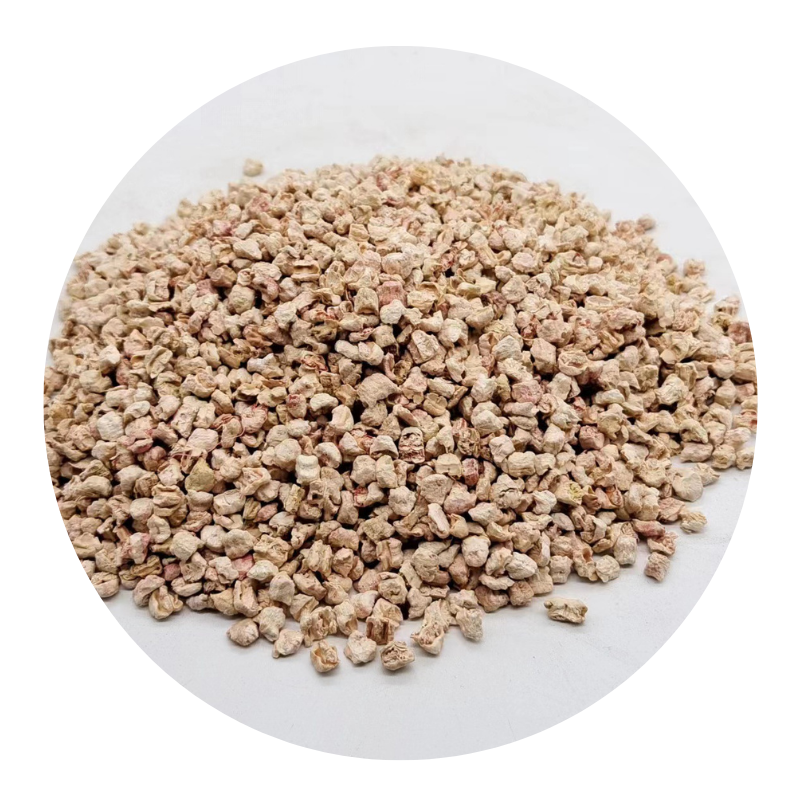
Innovative Approaches to Talc Production and Its Applications in Various Industries
The Role of Talc Manufacturers in Diverse Industries
Talc, a mineral composed primarily of magnesium, silicon, and oxygen, has been used for centuries due to its unique properties. It is the softest mineral on the Mohs hardness scale and possesses excellent lubrication, absorbent, and plasticity characteristics. While it is commonly associated with talcum powder, the applications of talc extend far beyond personal care products. Talc manufacturers play a vital role in a variety of industries, including paper, plastics, ceramics, and pharmaceuticals, playing a key part in driving innovation and enhancing product quality.
Talc in the Paper Industry
The paper industry has been one of the largest consumers of talc, utilizing it as a filler and coating pigment. Talc helps improve the brightness and opacity of paper, provides a smooth surface for printing, and enhances the overall strength of the paper. Manufacturers have developed specialized talc products to meet the specific needs of the paper sector, ensuring consistency and quality in the final product. The use of talc can lead to cost savings for paper manufacturers, as it can reduce the amount of more expensive materials that need to be used while maintaining performance standards.
Talc in Plastics and Polymers
In the plastics industry, talc serves as a functional filler that can enhance the mechanical properties of plastic products. Talc-filled plastics exhibit improved stiffness, dimensional stability, and lower thermal expansion rates. Talc manufacturers provide high-purity talc grades, free from contaminants, which is crucial for applications in food packaging and automotive components. By incorporating talc into their formulations, plastics manufacturers can also reduce production costs and improve the sustainability of their products, making them more competitive in an increasingly eco-conscious market.
talc manufacturer

Talc in Ceramics
Ceramics production is another significant area where talc is used. Talc is essential in the manufacture of tiles, sanitary ware, and pottery. It acts as a fluxing agent, lowering the melting point of other materials, which helps to form a glassy phase during firing. This enhances the strength, translucency, and overall aesthetic quality of the finished ceramic products. Talc manufacturers focus on providing materials with the right particle size and purity to ensure optimal performance in ceramic applications.
Talc in Pharmaceuticals and Cosmetics
In the realms of pharmaceuticals and cosmetics, talc is valued for its soft texture and absorbent qualities. It is often used as a filler or bulking agent in tablets, ensuring they maintain their integrity while providing a smooth texture for easy ingestion. In cosmetics, talc is predominantly found in face powders and body powders, where it helps absorb moisture and control shine. However, the talc used in these applications is subject to rigorous safety testing to ensure it is free from harmful contaminants, a concern that has gained attention in recent years. Talc manufacturers are committed to maintaining high safety standards and transparency, ensuring their products meet regulatory requirements and consumer expectations.
Conclusion
Talc manufacturers play an essential role across various industries, providing high-quality, specialized talc products that enhance the performance and quality of numerous applications. From improving the visual and mechanical properties of paper and plastics to ensuring the safety and efficacy of pharmaceutical and cosmetic products, the contributions of talc are both diverse and critical. As industries continue to evolve, talc manufacturers will remain at the forefront, developing innovative solutions that meet the changing demands of customers and regulatory landscapes. The future of talc usage looks promising, with ongoing research into its benefits and applications paving the way for new developments and opportunities.
Share
-
Premium Pigment Supplier Custom Solutions & Bulk OrdersNewsMay.30,2025
-
Top China Slag Fly Ash Manufacturer OEM Factory SolutionsNewsMay.30,2025
-
Natural Lava Rock & Pumice for Landscaping Durable Volcanic SolutionsNewsMay.30,2025
-
Custom Micro Silica Fume Powder Manufacturers High-Purity SolutionsNewsMay.29,2025
-
Custom Mica Powder Pigment Manufacturers Vibrant Colors & Bulk OrdersNewsMay.29,2025
-
Custom Micro Silica Fume Powder Manufacturers Premium QualityNewsMay.29,2025






